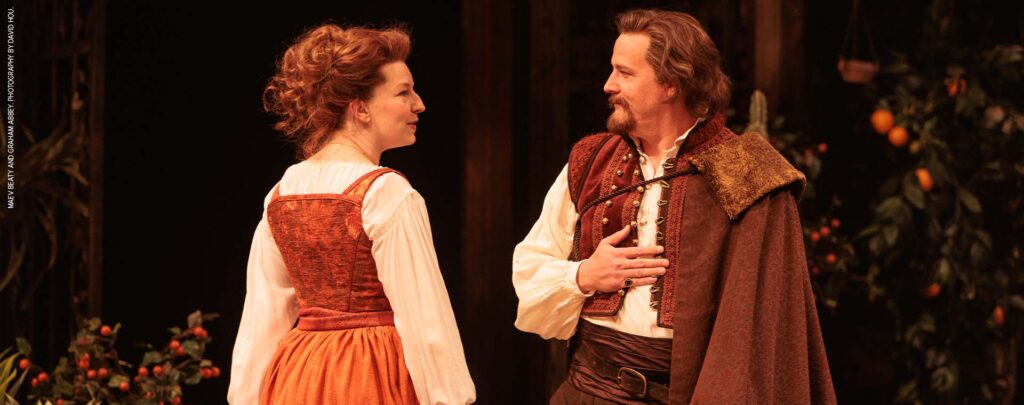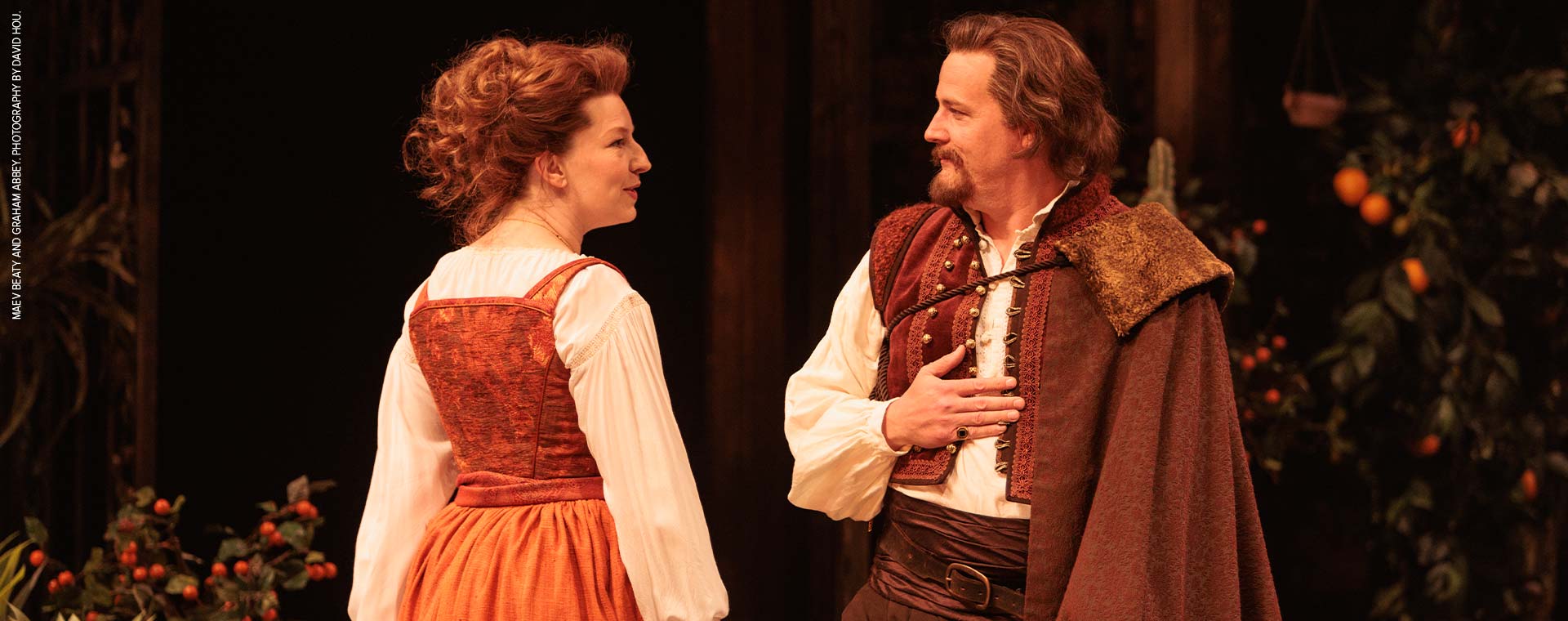
Decoding Beatrice: The Most Memorable ‘Much Ado About Nothing’ Quotes
William Shakespeare’s ‘Much Ado About Nothing’ is a timeless comedy, celebrated for its witty dialogue, intricate plot, and unforgettable characters. At the heart of the play lies the sparkling banter and eventual romance between Beatrice and Benedick. Their verbal sparring, filled with sharp intellect and playful insults, has captivated audiences for centuries. This article delves into some of the most iconic Beatrice ‘Much Ado About Nothing’ quotes, exploring their context, significance, and enduring relevance.
From the opening scenes, Beatrice establishes herself as a formidable presence, a woman of independent thought and sharp wit. Her pronouncements, often laced with irony and humor, offer a refreshing perspective on love, marriage, and societal expectations. Examining these Beatrice ‘Much Ado About Nothing’ quotes provides a deeper understanding of her character arc and the play’s central themes.
The Wit and Wisdom of Beatrice
Beatrice’s brilliance lies not just in her quick wit, but also in her profound insights into human nature. She uses language as a weapon and a shield, deflecting unwanted advances and societal pressures with equal measure. Her quotes are not mere pronouncements; they are carefully crafted performances, designed to entertain, provoke, and ultimately, to reveal her true feelings.
“I had rather hear my dog bark at a crow than a man swear he loves me.”
This quote, delivered early in the play, encapsulates Beatrice’s initial resistance to the idea of love and marriage. It’s a bold declaration of independence, showcasing her disdain for the superficiality of courtship and the perceived insincerity of men. This Beatrice ‘Much Ado About Nothing’ quote sets the stage for her transformation, highlighting the distance she must travel to embrace love.
“I do love nothing in the world so well as you. Is not that strange?”
This statement marks a pivotal moment in Beatrice and Benedick’s relationship. After being tricked into believing the other is in love with them, Beatrice finally reveals her true feelings. The irony is palpable; she has spent the entire play denying her affection, only to confess her love in a single, powerful sentence. This Beatrice ‘Much Ado About Nothing’ quote is a testament to the power of vulnerability and the transformative nature of love.
“I would eat his heart in the marketplace.”
In a moment of heightened emotion, Beatrice’s loyalty to her cousin Hero is put to the test after Hero is falsely accused. This quote demonstrates her fierce protectiveness and unwavering commitment to justice. It underscores the depth of her character, revealing a capacity for both wit and passionate outrage. This Beatrice ‘Much Ado About Nothing’ quote shows her willingness to fight for what she believes is right, even at a personal cost.
Beatrice’s Evolution: From Cynic to Lover
The beauty of Beatrice’s character lies in her transformation. She begins as a self-proclaimed cynic, skeptical of love and marriage. However, through the machinations of her friends and her own growing feelings for Benedick, she gradually sheds her defenses and embraces the possibility of love. Examining the progression of her Beatrice ‘Much Ado About Nothing’ quotes illustrates this compelling character arc.
“I am a plain-dealing villain.”
This self-deprecating statement highlights Beatrice’s honesty, even when it’s unflattering. She acknowledges her sharp tongue and her tendency to speak her mind, qualities that both endear her to and alienate others. This Beatrice ‘Much Ado About Nothing’ quote is a reflection of her self-awareness and her willingness to be authentic.
“For, hear me, Hero: when I shall see thee, and Benedick, and Beatrice between the two of you, then shall I see an assembly of good wits, excellent discourse, and a happy marriage.”
This quote, spoken earlier in the play, foreshadows Beatrice’s own romantic destiny. While initially resistant to love, she recognizes its potential for happiness and fulfillment in others. This Beatrice ‘Much Ado About Nothing’ quote reveals a subtle shift in her perspective, hinting at the possibility of her own future happiness.
The Significance of Language in ‘Much Ado About Nothing’
Shakespeare masterfully uses language to drive the plot and develop his characters. The witty exchanges between Beatrice and Benedick, the misunderstandings, and the deliberate deception all rely on the power of words. The Beatrice ‘Much Ado About Nothing’ quotes are not just memorable lines; they are essential components of the play’s structure and meaning.
“He that hath a beard is more than a youth, and he that hath no beard is less than a man: and he that is more than a youth is not for me, and he that is less than a man, I am not for him.”
This playful pronouncement demonstrates Beatrice’s standards in a partner. It’s a witty way of expressing her desire for a man of maturity and substance, someone who is neither too young nor too old. This Beatrice ‘Much Ado About Nothing’ quote is a glimpse into her discerning nature.
“Against my will, I am sent to bid you come in to dinner.”
This sarcastic line perfectly encapsulates Beatrice’s initial reluctance to engage with Benedick. It’s a playful jab that highlights their ongoing verbal sparring, a hallmark of their relationship. This Beatrice ‘Much Ado About Nothing’ quote showcases her ability to use language to both challenge and amuse.
Beatrice’s Enduring Legacy
Beatrice’s character continues to resonate with audiences because she embodies intelligence, independence, and a healthy skepticism. Her wit and vulnerability make her a complex and relatable figure. The memorable Beatrice ‘Much Ado About Nothing’ quotes have secured her place as one of Shakespeare’s most beloved heroines.
“I may sit in a corner and cry ‘Heigh-ho for a husband!”
This quote, spoken with a hint of resignation, reveals a fleeting moment of vulnerability. It acknowledges the societal pressures placed upon women to marry, even as she resists them. This Beatrice ‘Much Ado About Nothing’ quote adds a layer of depth to her character, showing her awareness of societal expectations.
“I would not deny you; but I would be sorry for you.”
This line, directed at Benedick, is a nuanced expression of her feelings. It shows her growing affection for him while maintaining her characteristic wit. The Beatrice ‘Much Ado About Nothing’ quote reveals her ability to balance her sharp tongue with genuine emotion.
Conclusion: The Enduring Power of Beatrice’s Words
The Beatrice ‘Much Ado About Nothing’ quotes offer a window into the mind of a witty, intelligent, and ultimately, loving woman. They reveal the complexities of human relationships, the importance of self-awareness, and the transformative power of love. Shakespeare’s masterful use of language ensures that Beatrice’s words will continue to entertain and inspire audiences for generations to come. By understanding the context and significance of these quotes, we gain a deeper appreciation for this timeless comedy and the enduring power of its characters.
[See also: The Best Benedick Quotes from Much Ado About Nothing, Exploring the Themes of Love and Deception in Shakespeare’s Plays, A Guide to Shakespearean Insults: How to Talk Like the Bard]


